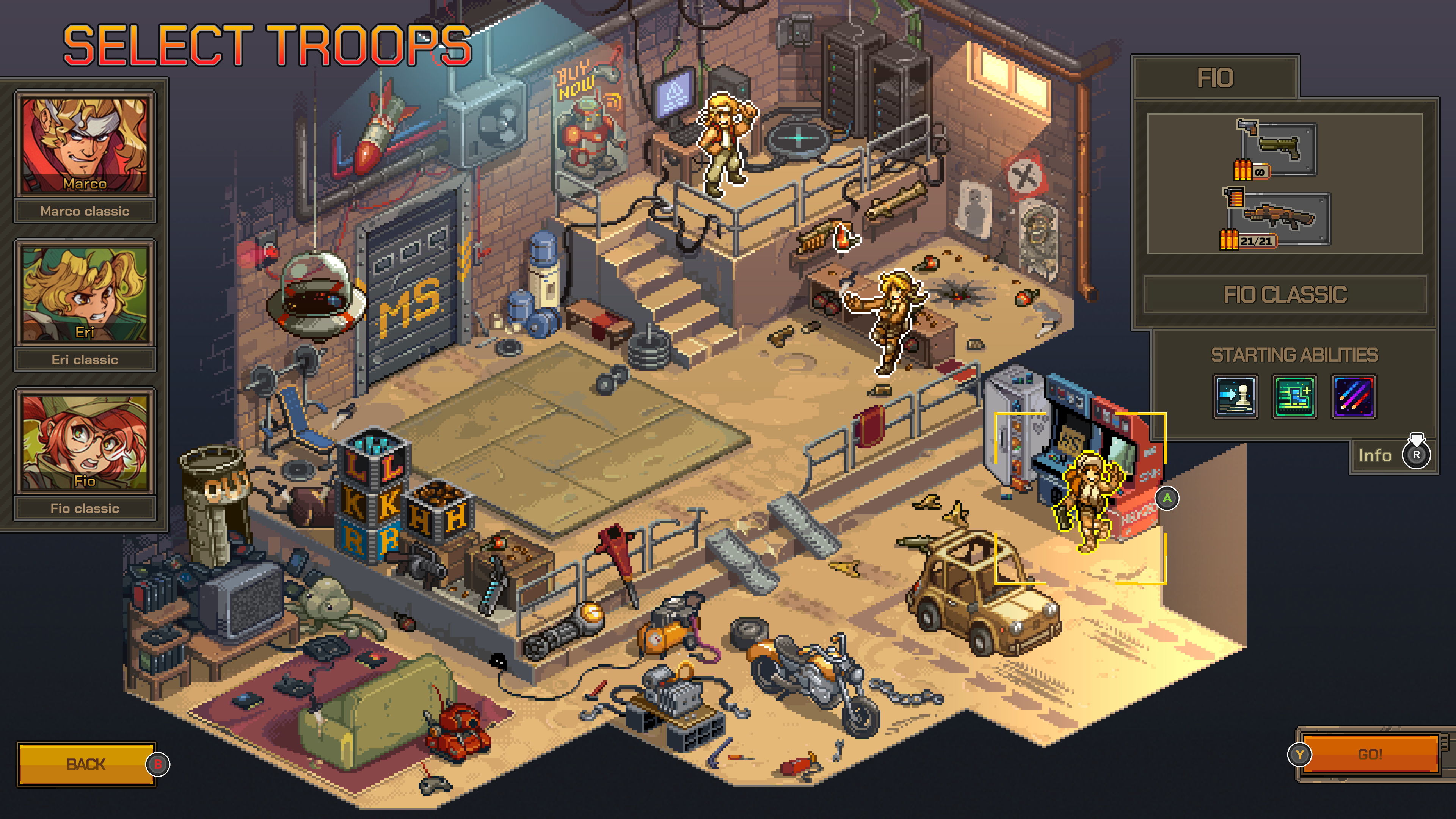I have always been fascinated by looking at the world from alternative perspectives. For example, as a historian, I like to look at the present with an understanding of how temporal and relative our “normal” actually is. That’s why I was very curious to find out more about Empire of the Ants, which promises a photorealistic portrait of the world from an ant’s perspective. And after playing through almost the entire game, I can say that despite some flaws, I had one of the most entertaining and addictive gaming experiences I’ve had in a long time.
One of the game’s strengths is undoubtedly the realistic immersion of the game, which I improved by playing most of the game with my Xreal glasses connected to my PlayStation 5. The game’s photorealistic graphics bring the forest floor to life, showcasing a highly detailed world filled with twigs, dead leaves and even interactive creatures. This level of detail, along with realistic sound effects such as tiny ant footsteps and ambient day and night sounds, immediately drew me into the experience, with the ant colonies being particularly impressive. Here we find long lines of ants carrying materials to the nest, and sometimes you are allowed in for a meeting with the queen ant.
The game cleverly combines a third-person perspective and the ability to walk freely on the forest floor as an ant with strategic gameplay in which you command legions of these insects, managing nests and conquering territories from other invertebrates. A top-down perspective, characteristic of many strategy-oriented games, certainly wouldn’t have provided the same level of immersion. The game controls on the PlayStation 5 worked well for me. Construction and resource management are easily accessible by standing on a nest and selecting different options by hovering over it. Controlling your armies is also quite easy, using the main triggers to point and click.
Advertising:
Story mode is where Empire of the Ants really shines. Although it is essentially a real-time strategy game, it introduces platforming elements and different types of missions that keep the game fresh. One moment you’re navigating flooded landscapes using jumping and platforming mechanisms, and the next you’re rescuing ants from a friendly colony in a race against time as the water level rises. Another special mission finds you behind enemy lines, stealthily dodging enemy spider-like units in a beautifully designed night environment. New missions gradually unlock new support units, such as giant snails or tiny aphids.
The story itself is exciting and begins with a series of missions that introduce you to your colony and how it works before you form alliances with other colonies. Unexpected twists, including mysterious forces that destroy alliances, add depth and keep you involved in the fate of your ant empire. There are even RPG elements between missions, where you interact with NPCs in the ant colonies while accepting or rejecting side quests. This adds a unique narrative layer that allows you to fully explore and appreciate the game’s environments.
During the different types of missions, combat is also a recurring point in the game. The game’s unit system is based on a classic rock-paper-scissors mechanic. Acid-spewing gunners are effective against warriors, warriors can overpower workers, and workers can take out gunners. This system requires a constant need to direct troops across the battlefield to adapt to threats. Although the variety of units may seem limited over time, it keeps the battles manageable and allows for some creative strategies. Unique additions like rhinoceros beetles that can transport ants across the battlefield add style to the game as your own ant can jump over them, making traversing the map faster. However, for players who value the diversity of their units, the lack of factions or races can make multiplayer become monotonous in the long run. I don’t think you can play the main antagonists of the story, for example the black ants or the termites.
Advertising:
Although I mentioned that the PlayStation 5’s controls are well designed, there are a few small issues with handling the devices. For example, to upgrade units you have to physically travel to your anthills, which can be tedious, especially in more intense battles. There are powers that allow you to fast travel to nests and buildings that give you a minimap, but they’re pretty mandatory if you really want easier controls.
One element of the game that I was disappointed with is the soundtrack. It doesn’t live up to the immersive quality of the rest of the game. The music is a constant, calm piano melody that feels out of place on risky missions. In situations like sneaking past enemies in the dark, I would expect more suspenseful music to fit the atmosphere, but unfortunately the repetitive soundtrack distracts from these tense moments and I muted it after a while.
Another thing that would have made the game even better would have been the ability for your ant to actually participate in the world. As a player, you only have the ability to walk, jump, and command other units or nests, but there is no real way to interact with plants or animals. It would certainly have been more attractive to take part in combat as a kind of boss unit or to collect resources, for example. Perhaps this would have diverted the game too far from its strategic focus, but it would have been a nice addition.
Empire of the Ants is a game for anyone looking for a refreshing perspective. Although the strategy element of the game is well done, it is the creative combination of different gameplay challenges in the story mode that really created a memorable experience for me. The game offers a unique and visually stunning experience that completely immerses you in the world of an ant. While there are areas for improvement, such as the repetitive soundtrack and limited unit options in multiplayer, the stunning graphics, realistic sound effects and varied story missions make the game an unforgettable entry into RTS Genre.


















